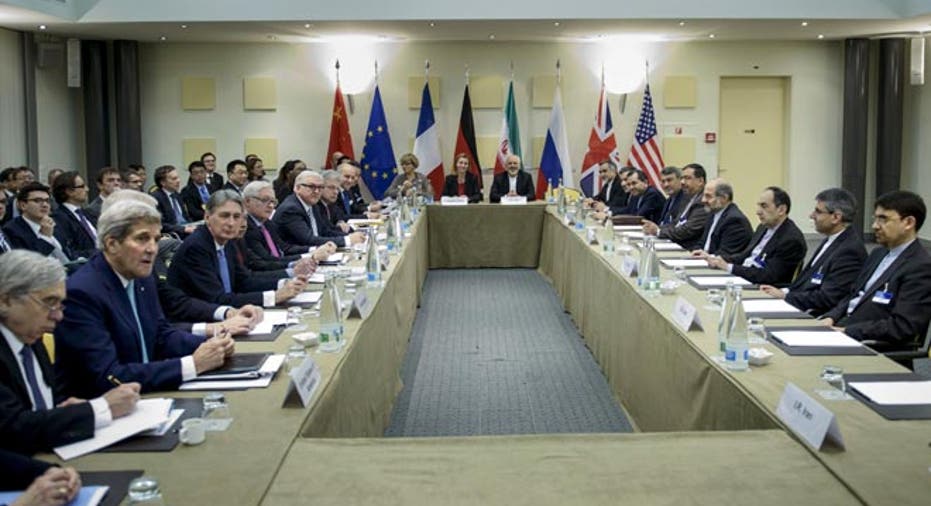Iran Deal Allows Foreign Units of U.S. Companies to Seek Business

The sanctions relief process of the Iran nuclear agreement began Saturday with the marking of Implementation Day. Among the developments was the U.S. authorization for foreign units of American companies to strike business deals with Iran.
Under the terms of the agreement, the United Nations lifted its sanctions on Iran, and the European Union and the U.S. lifted their nuclear-related measures. President Barack Obama immediately issued an executive order revoking earlier orders that imposed nuclear sanctions on Iran, and the names of hundreds of people and companies removed from U.S. blacklists were released in a single list.
The U.S. Department of Treasury's Office of Foreign Assets Control issued its guidance on how to comply with U.S. law in the new landscape. "As a result of Iran verifiably meeting its nuclear commitments, the United States is today lifting nuclear-related sanctions on Iran, as described in the [agreement]," the OFAC statement said.
Among the documents issued by OFAC was a general license that authorized an entity outside the U.S. controlled or owned by an American to do business with the Iranian government, or any Iranian. The license also authorized activity to set up such an entity, including work to ensure companies have "automated and globally integrated" systems, such as back-office structures, for handling the business.
Experts praised the general license, noting that the section allowing for changes in operating procedures answered key questions for U.S. parent companies about what they could do to avoid compliance pitfalls in their attempt to seek business with Iran.
"This puts them on roughly equal footing with their foreign competitors, " said David Mortlock, a partner with the law firm Willkie Farr & Gallagher LLP.
Richard Matheny, a partner at law firm Goodwin & Procter, said he expects "a flurry of activity" by U.S.-owned foreign companies "to see how they can take advantage" of the opportunities the license allows.
Another license authorized imports of Iranian-origin food and carpets. OFAC also issued a statement that "establishes a favorable licensing policy" for the sale of aircraft and spare parts to Iran, provided the transactions don't involve someone still under U.S. sanctions. Companies can seek a specific license, on a case-by-case basis, for the sales, so long as they are exclusively for civilian use, the statement said.
Despite the new authorizations, it will still be tough for Western, and especially U.S. companies to engage in business with Iran. Risk & Compliance Journal in November laid out the difficulty of avoiding the Iran Revolutionary Guard Corps, and reported at the end of December about the risks of doing business in Iran even after Implementation Day. The Wall Street Journal reported further this weekend on the ongoing sanctions programs and the problems they'll pose for Western companies.
Michael Burton, a partner at law firm Jacobson Burton Kelley PLLC, said it will be easy for U.S.-owned foreign companies to get the new authorizations wrong, and to potentially pull their U.S. parents into the transactions in ways that would violate the license.
"I wouldn't view it as carte blanche for foreign affiliates, but I would see it as a meaningful opportunity so long as they do it consistent with the license," said Mr. Burton.
Write to Samuel Rubenfeld at Samuel.Rubenfeld@wsj.com. Follow him on Twitter at @srubenfeld.



















